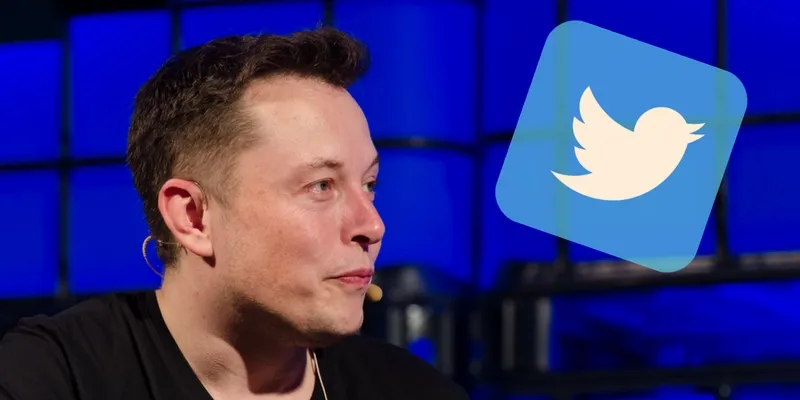Elon Musk unveils Tesla’s plans for India in yet another tweet
Tesla is finally set to expand into India, CEO Elon Musk revealed in yet another tweet outlining the company’s expansion plans for the market. Tesla may have a 'partial presence' in India by the end of 2019 and a bigger one in the following year, says Musk.

A single tweet may have cost Tesla CEO Elon Musk $20 million earlier this year, but that hasn’t deterred the visionary founder from tweeting. Musk has tweeted – yet again – about India. And this time, he’s shared some crucial insights into the electric carmaker’s expansion plans for the market.
In response to a Twitter user’s question about the company’s expansion plans, Musk wrote that Tesla could potentially have a partial presence in India by the end of next year, with "broader expansion in 2020".
However, this is not the first time Musk has provided a timeline about the company's entry into India. Early last year, Musk had said he hopes to launch the company's electric vehicles in India by the summer of 2017. The year before, in another tweet, Musk had said he was keen to build an India-wide network of superchargers, which are fast-charging stations for electric car vehicles.
While Tesla chose China, not India, as the venue for its first production facility outside of California, Musk's latest tweets are nonetheless interesting for keen Tesla-watchers in India.
To be (in India) or not to be?
In fact, his latest tweet highlights Musk’s growing interest in the Indian market, something he has made evident in his previous tweets about the market.
The Tesla founder had announced earlier this year that he expects to travel to India in early 2019.
Similarly, in May, Musk had made apparent the challenges Tesla was facing when it came to executing the company's plans for India. This time too, it was in a response to a user's query on Twitter. At the time, he cited “some challenging government regulations” as a hurdle.
He had also signalled then that the company’s Chief Financial Officer Deepak Ahuja will have the final say on when Tesla should be in India.
Musk wrote, “Tesla will be there (in India) as soon as he (Deepak) believes we should.”
Deepak, who has over 20 years of financial experience in the global auto industry, was Tesla CFO between 2008 and 2015, and later returned again as CFO of the company in February 2017.
Local production for local markets
Still, in his most recent tweet, Musk outlined the company’s long-term vision for expanding beyond its current biggest markets. Musk said he had asked his service team to expand to “all population regions (not just major metros)” in North America, Eastern Europe, China, and Japan by the end of next year.
“To clarify further, the long-term goal for Tesla mass market products is local production for local markets (at least at the continent level). This is critical to make pricing as affordable as possible,” Musk wrote on Twitter.
“We are completely missing vast geographic regions in some cases,” he wrote, adding that he hopes to have a partial presence in South America, Africa and India by the end of next year and a bigger one in 2020.
In June 2017, Musk had confirmed on Twitter that Tesla was “in discussions with the government of India.” He had said the talks with the Indian government were centred on requesting temporary relief for Tesla on import restrictions until a local factory is built.
In 2015, Musk hosted Prime Minister Narendra Modi during his visit to the Tesla factory in Fremont, California. A year later, India's Transport Minister Nitin Gadkari also visited Tesla's manufacturing plant in the US. During the visit, he had invited Musk to set up a production facility in India and make India the manufacturing hub for the company's Asian markets.







